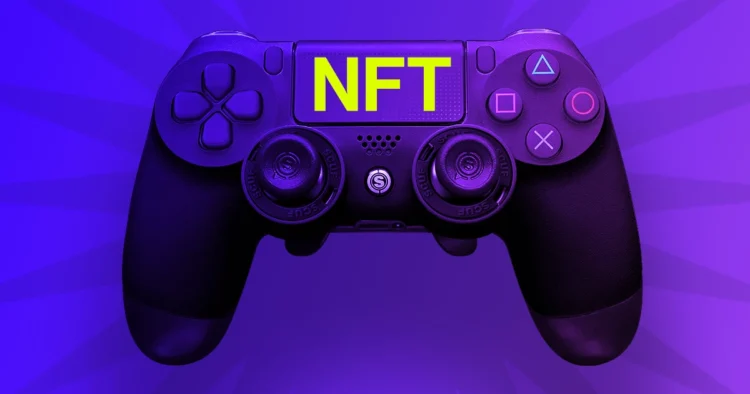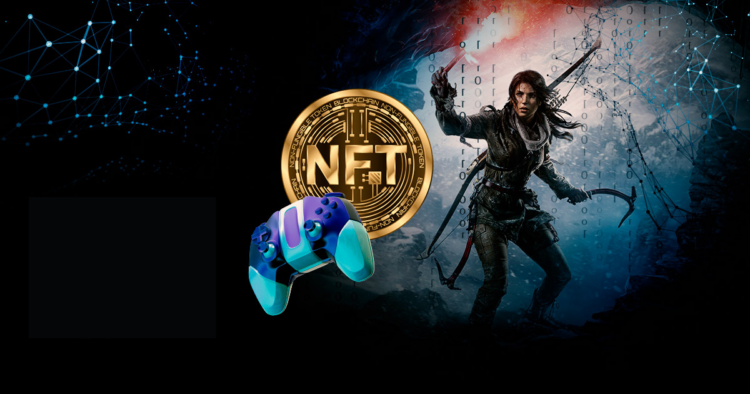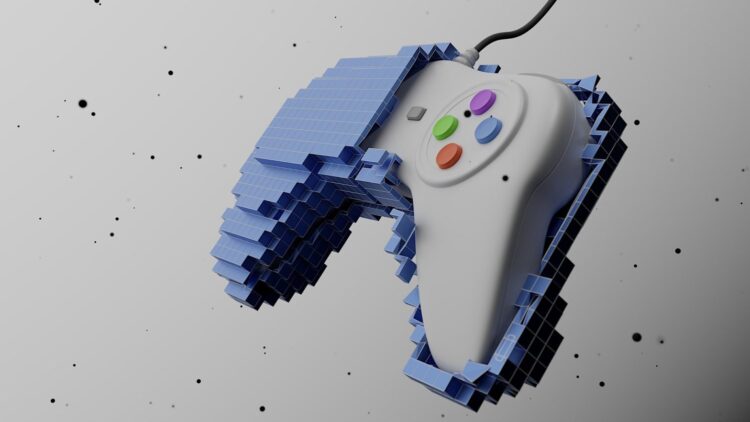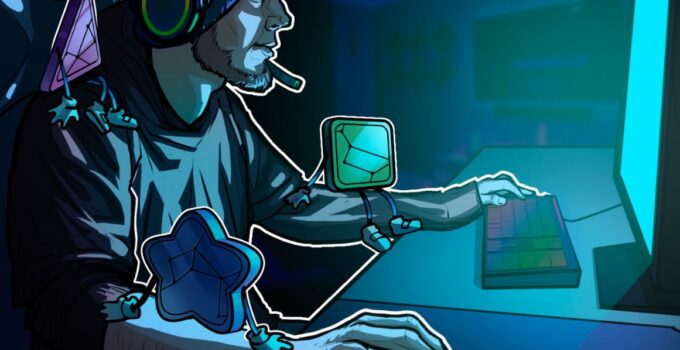Since the invention of blockchain technology and cryptocurrency, the entertainment industry has never returned to its original form. Although the world wasn’t blown away with the release of the first NFT game in 2015 — Etheria, when CryptoKitties went viral in 2017, everything had changed. Players turned out to adore the sense of breeding kitties and earning profit.
Without a doubt, CryptoKitties brought the NFT game concept to mainstream media and hyped the audience, making players expect even more from blockchain technology. Nevertheless, will the play-to-earn ideology revolutionize the gaming industry and convert each game development company into a creator of non-fungible tokens?
In this article, we’ll reveal the mystery and shed light on the potential future of the game development industry. Why potential? Merely because nobody can predict what route the NFT gaming industry will take. At any rate, get ready for valuable insights and hints!
Page Contents
The Truth Behind NFT Games

Source: venturebeat.com
What is an NFT game, after all? Simply put, standing for non-fungible tokens, the naming of this game category indicates that it’s integrated with a blockchain and features assets like weapons, armors, props, or even land in the form of NFTs, which can be earned and sold for cryptocurrency like, for example, Ethereum. Powered by the smart contract system, such games provide players with an opportunity to acquire ownership of particular in-game items.
Fundamentally, the GameFi concept, consisting of the game and finance components, offers players to combine entertainment with financial profit, making NFT games a big deal in the industry. Players are not only fond of collecting rare assets but also making money as they complete quests and win battles. However, is it enough to erase the history of conventional gaming where players spend time on favorite stories for free or sometimes even pay to win?
What Is the Value for NFT Game Developers?
Even though players gain sufficient profit from spending time inside NFT games, developers themselves also don’t stand aside. Quite often, they increase their revenue from transaction fees. Furthermore, the more valuable and attractive the in-game assets, the greater the profit from selling them. In such a win-win scenario, game development studios receive more prospects for growth and dividends as a result.
Studios like Game-Ace continue to push the limits whenever it comes to building a new NFT game. You can visit their website by following this link — Game-Ace company. The same goes for other industry players that strive to impress players and offer an alternative value compared to traditional games. Be it MMORPG like World of Warcraft or offline single-player games like The Witcher 3: Wild Hunt, they rarely provide any opportunities to make a financial profit from gaming. However, what do they offer?

Source: finextra.com
Comparison of NFT and Traditional Games: A Developer Perspective
| NFT Games | Traditional Games |
|
|
How Will NFT Game Development Affect the Industry?
Since we already are aware of the benefits that NFT games offer to both game owners and players themselves, it’s time to talk about the long-term effect of the technology facilitating the play-to-earn model. Primarily, chances are crypto games will implicitly accustom gamers to the GameFi philosophy, thereby making them always expect financial profit from playing even traditional games. Nonetheless, it’s still early to conclude whether it all is for good.
More specifically, such popular gachas as Genshin Impact or AFK Arena may lose a considerable proportion of their audience because players will no longer desire to pay to win or get rare items. NFT games will not only provide gamers with an opportunity to acquire unique assets for free but also let them make a profit from selling cryptocurrencies on the respective marketplaces. In this win-win scenario, all stakeholders extract certain values.
Another perspective where NFT games may prove influential is the way game owners perceive their products. Since they can increase their revenue from transaction fees as long as NFTs are in demand and players trade them, such games will be kept updated for longer compared to many traditional games that end up with closed servers. Hence, players who remain interested in a game lose their progress and all the rare items bought for real money.
Why is this an unlikely scenario with NFT games? Because they ensure interoperability, and all the player data are stored on distributed ledgers, which provide more cybersecurity as well as decrease the odds of essential information leaks. In the future, NFT games will probably be integrated with metaverses, so players won’t need to leave a virtual world once they close a game connected to it. Besides, items owned inside this game will be available outside of it.

Source: realm10.com
So What Type of Game Should Game Developers Choose?
Answering this question may entail misunderstandings, inasmuch as everything depends on your project scope, target audience, budget, and investment. If you opt for NFT game development, you’ll find yourself one step closer to innovations to utilize blockchain technology’s potential fully. Recognizing the prospects it provides is a big leap forward for the industry, so mounting this trend may eventually result in great success.
As you see, the NFT gaming industry is expected to reach new heights and bring about a wide range of benefits for business owners as well as players. Although traditional games aren’t about to disappear from the horizon, they may embed some aspects of non-fungible tokens or blockchain technology to become decentralized, protected, and provide more value for players. Finally, the choice is yours whether to opt for NFT game development or remain within the borders of traditional values.





